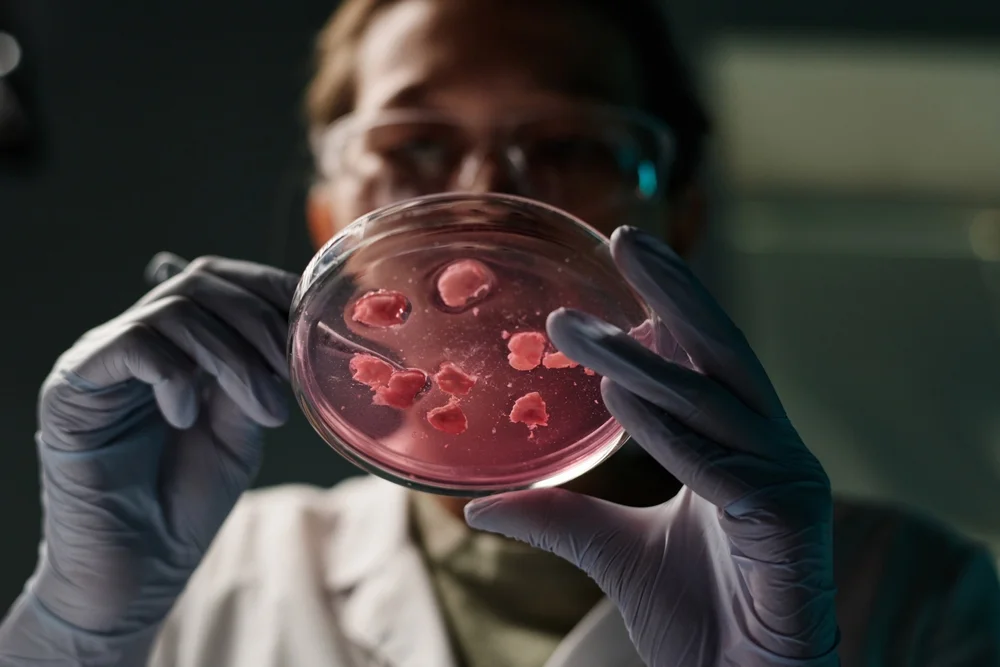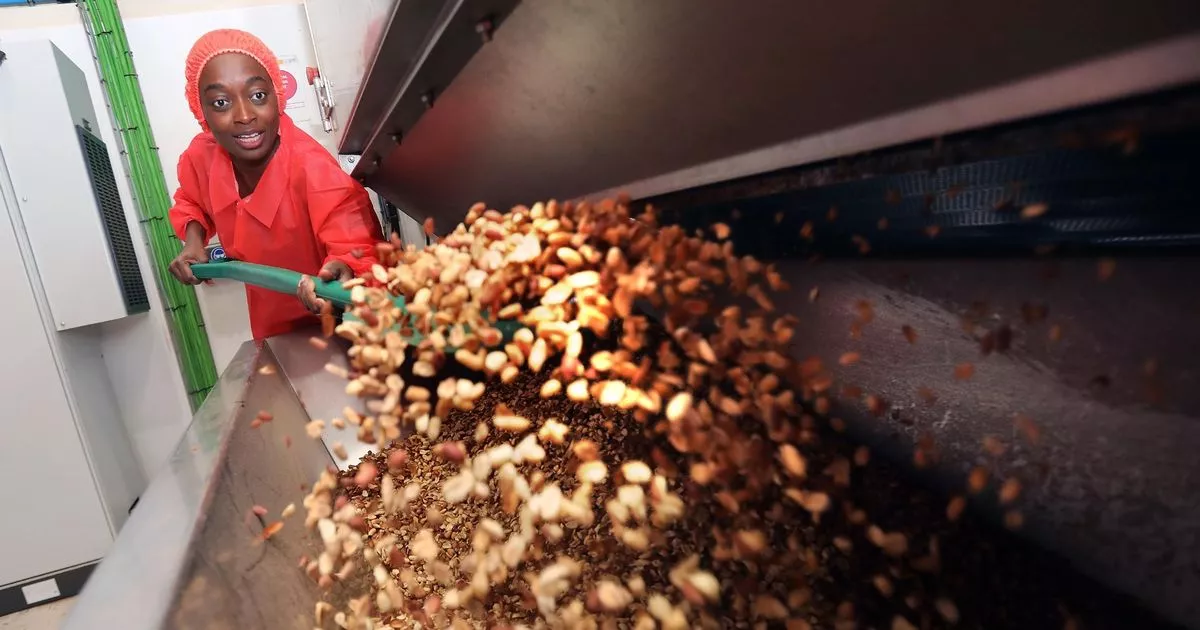By Joshua Shavit
Copyright thebrighterside

In one of the busiest hospitals in Melbourne, a potentially fatal epidemic of antibiotic-resistant germs compelled physicians and researchers to search for novel weapons. The culprit was the Enterobacter cloacae complex, or ECC, a bacteria consortium for evading nearly every antibiotic it came across.
When ECC infects hospitals, it often causes recalcitrant bloodstream infections that prove deadly at times. To stop it, scientists from Monash University and The Alfred Hospital turned to an old but newly hopeful idea: viruses that infect bacteria, or bacteriophages.
Their work led to a specially developed therapy, Entelli-02, which is a blend of five specially selected phages that could one day save patients’ lives when antibiotics fail. The product was designed specifically to target directly the infecting strains of patients within their own hospital. Doctors now have a therapy specifically developed for the exact bacteria in their own hospitals for the first time.
Phages, or bacteriophages, are viruses that infect and lyse bacteria. They infect the cell by injecting their DNA into it, doubling very rapidly, and then bursting the host cell open. Unlike antibiotics, phages are very specific, infecting typically only one type of bacterium. That specificity is both useful and a problem. That means they can eliminate noxious microbes without damaging others, but it also means that one phage that is effective in a laboratory may not work against a patient’s infection.
ECC belongs to the infamous ESKAPE group of microbes, so named due to the fact that these microbes are prone to “escaping” the action of antibiotics. These microbes are a growing global health threat. In 2019 alone, Enterobacter infections accounted for more than 200,000 deaths globally. Hospital institutions like The Alfred, where ECC was frequently encountered, have led the charge in this fight.
The group began with ten years of hospital bacterial isolates—206 in total. Of those, they took 36 isolates that spanned the collection’s genetic diversity. They then tested 21 phages and found that almost every bacterial strain was sensitive to at least one. To keep things manageable, they chose three of the most promising candidates and blended them into what they called cocktail-V1.
This early version worked in the lab and even in mice. In infected animals, the treatment was able to kill more than 99.9 percent of bacteria in organs. But when they tested it against a more diverse group of bacterial strains, its effectiveness was limited. Only a little more than half of the hospital isolates could be eliminated. Some strains, such as ST114 and ST190, resisted. That left the scientists with more work to be done.
Scientists used two means to plug the gaps. One was to “train” some of their phages by having them repeatedly exposed to resistant bacteria, which caused them to develop enhanced infection abilities. Within a week, many became much more effective, frequently boosting their killing potential thousands of times over. Genetic tests showed that the enhancements appeared to be in the viral tail fibers, which help phages attach to bacterial cells.
Second, they searched for new phages that would infect the resistant bacteria. Two newcomers, affectionately øNando and øTaquito, proved to be valuable assets. Both of them withstood long-term storage of more than one year and showed good killing ability on the most resistant bacteria.
With three modified and two new phages, the scientists had five options for the next step.
Several combinations were attempted, but one that stood out occurred. Using the improved versions of the original three and the two newcomers, the final combination showed it could infect nearly 88 percent of the hospital’s bacterial collection. In test spot tests, it killed 92 percent of the isolates, a huge improvement from the first attempt.
They referred to this strain as Entelli-02. It was produced in the Monash Phage Foundry under human-use conditions of appropriate stringency. Billions of phage particles were filtered and purified into every vial to Australian Therapeutic Goods Administration standards. Refrigerator temperature storage caused Entelli-02 to remain at least 18 months without decreasing in potency.
In animal trials, Entelli-02 not only performed as well as the original mixture but better when pitted against more virulent strains that had resisted earlier attempts. Even if bacteria became resistant to a single phage, diversity within the cocktail guaranteed others made up for it. The scientists also found that in the majority of cases, Entelli-02 augmented certain antibiotics, creating a one-two punch in combating infection.
Phage application in medicine is not new. The idea, though, began as early as the first quarter of the 20th century, long before antibiotics changed the face of medicine. The antibiotics, though, pushed phages to the side—until drug resistance reminded them of their presence.
What’s unique about Entelli-02 is its methodology. Instead of trying to create a phage cocktail to treat everywhere, or a personalized medicine for each patient, the team took the middle path. They built an “institutional cocktail,” tailored for the most commonly found bacteria in The Alfred. That method gives clinicians an off-the-shelf treatment that is targeted and scalable.
“This is the first time we’ve designed and developed a clinical-ready phage therapy product tailored to an antimicrobial-resistant bacterial pathogen at a local hospital,” said Professor Jeremy J. Barr from Monash University, senior author of the study. “Entelli-02 is not just a scientific achievement, it’s a clinical tool built for frontline use.”
Professor Anton Peleg, co-senior author and director of infectious diseases at The Alfred, explained the approach further: “We’re bridging the gap between broad-spectrum antimicrobial treatments and personalised phage therapy to deliver a ready-to-use solution that’s both targeted and scalable.”
Entelli-02 is a new template for fighting hospital infections. It’s feasible other hospitals would do the same and develop their own phage cocktail specific to local pathogens. That would leave doctors with a faster, more reliable option when antibiotics fail. The treatment also augments existing medications, possibly extending the shelf life of remaining effective antibiotics.
With the exception of ECC, the same pattern could be used for other deadly bacteria, those that spread through surgical wards or intensive care units.
While Entelli-02 is so far only available for compassionate use, clinical trials are underway. If they succeed, patients battling drug-resistant infections could one day have a life-saving backup option already on the market.
Research findings are available online in the journal Nature Microbiology.
Like these kind of feel good stories? Get The Brighter Side of News’ newsletter.



